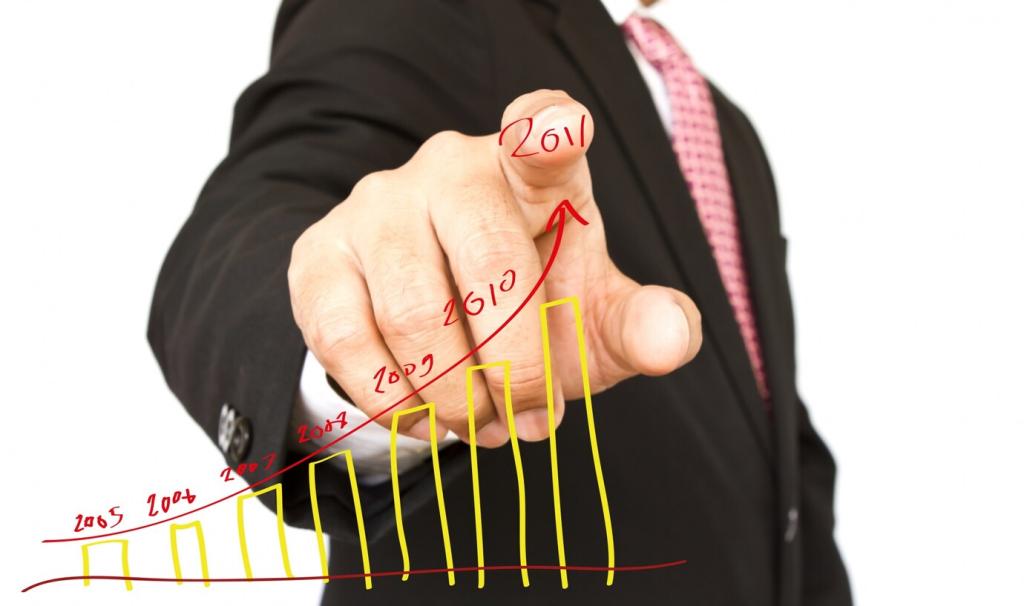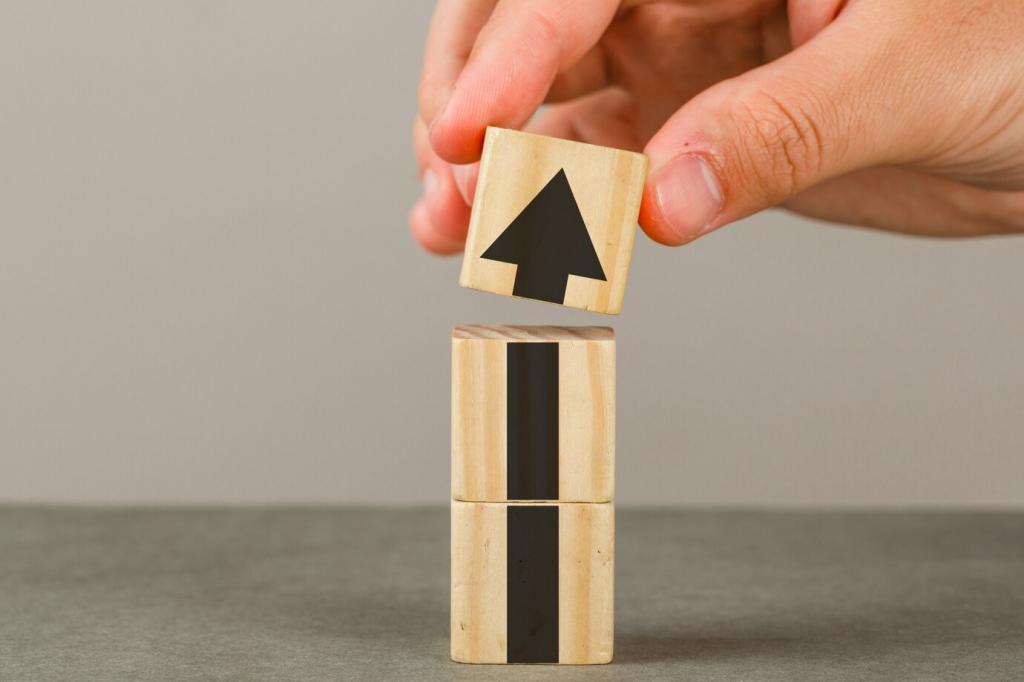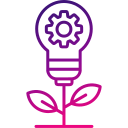Mindfulness has emerged as a powerful tool for fostering personal growth and self-improvement. By cultivating a present-focused mindset, individuals can navigate challenges with greater clarity, manage stress more effectively, and nurture a deeper connection with themselves. This approach goes beyond mere relaxation; it involves intentional techniques that transform everyday experiences and support the journey towards your best self. Exploring various mindfulness practices can help you develop emotional intelligence, increase productivity, and enhance your overall well-being.
Developing Present-Moment Awareness

Mindful breathing techniques invite you to focus your attention on the natural rhythm of your breath. This simple practice draws your senses into the present, gently guiding you back when your mind wanders. As you strengthen your attention to the inflow and outflow of breath, you begin to notice subtle bodily sensations, calming your nervous system and reducing the intensity of stressful thoughts. With frequent practice, mindful breathing becomes a reliable anchor, grounding you amidst life’s ups and downs and fostering a sustained sense of tranquility.
Cultivating Emotional Resilience
Stress Reduction Strategies
Mindfulness-based stress reduction involves practical strategies for identifying and managing stress triggers. Techniques such as gentle self-inquiry, present-moment focus, and acceptance of difficult feelings help reduce emotional overload. These practices train your mind to remain centered, even in high-pressure circumstances, allowing clarity and composure to guide your responses. By regularly engaging in stress reduction exercises, you reduce the harmful effects of chronic stress and cultivate inner peace, which supports your journey toward greater wellbeing and productivity.


Mindful Task Management
Applying mindfulness to task management involves approaching your responsibilities with intention and full attention. By prioritizing tasks and addressing them sequentially, you counteract the habit of multitasking, which often leads to mistakes and diminished output. Regularly checking in with yourself throughout the workday helps you notice when your concentration drifts, allowing you to redirect focus and complete projects more efficiently. Over time, mindful task management fosters a structured, purpose-driven workflow that reduces overwhelm and boosts your sense of accomplishment.
Managing Digital Distractions
In today’s digital landscape, distractions from devices and notifications can severely undermine productivity. Mindfulness equips you with tools to recognize when your attention is being hijacked and gently redirect it to your chosen activity. Creating boundaries around device use, such as setting designated times for checking messages or practicing short digital detoxes, can improve both focus and mental clarity. By mindfully interacting with technology, you reclaim control over your attention, ensuring it aligns with your values and priorities.
Mindful Breaks and Transitions
Pausing mindfully between tasks or activities revitalizes your energy and sharpens your focus. These intentional breaks—whether a brief walk, a few deep breaths, or simply gazing out a window—offer your mind a chance to reset and process information. Mindful transitions facilitate smoother switches between different types of work, preventing mental fatigue and enhancing overall performance. Incorporating such pauses throughout the day increases productivity, clarity, and satisfaction, making them essential tools for self-improvement.
